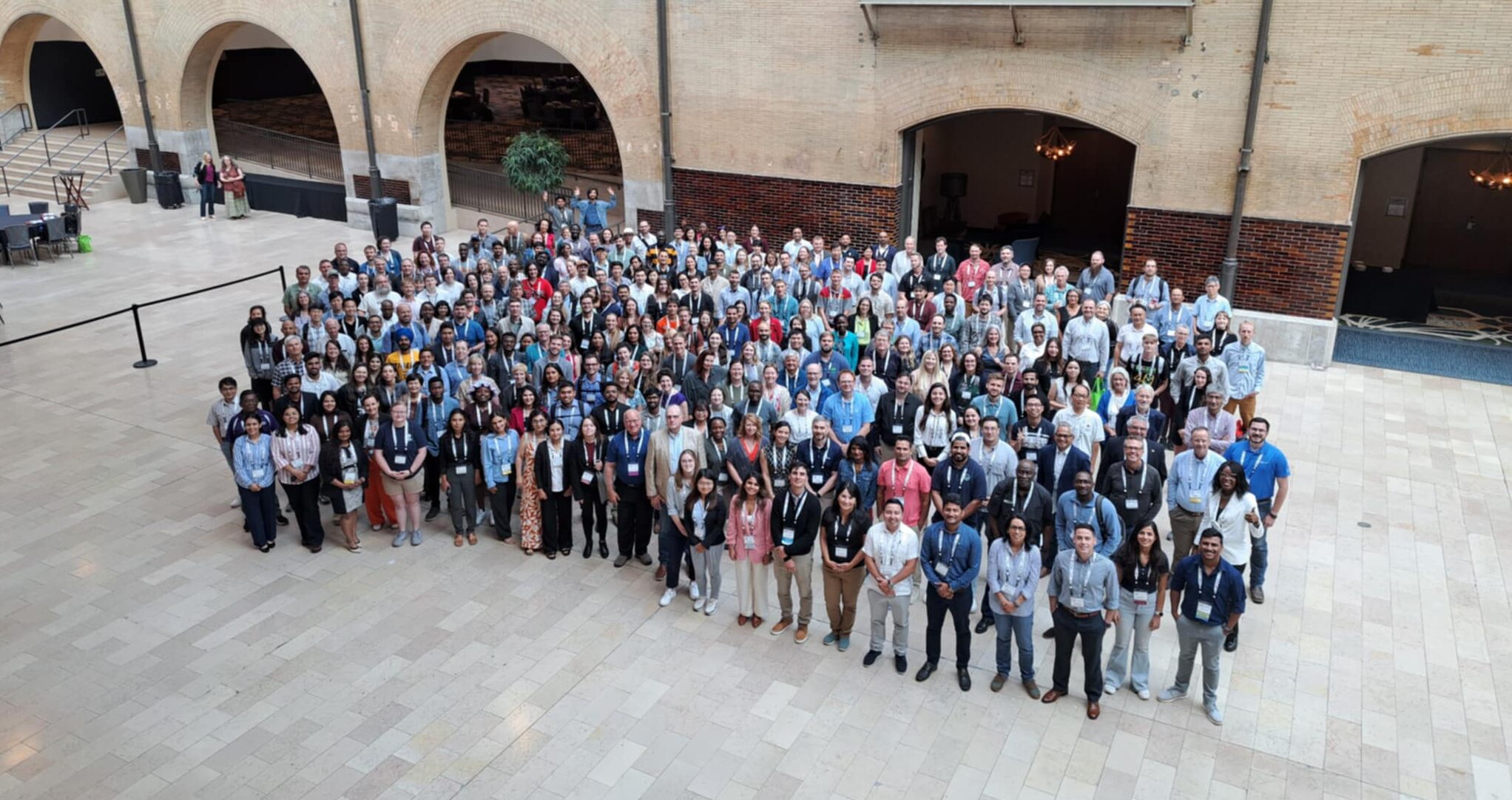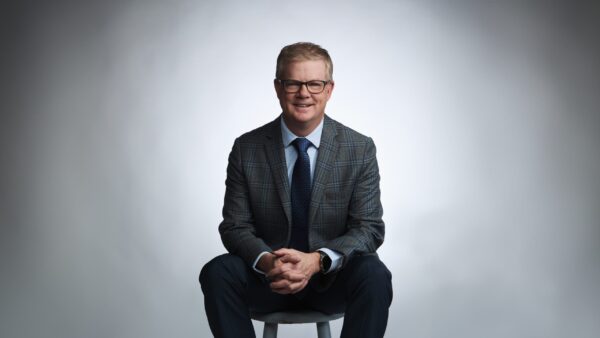The National Association for Plant Breeding envisioned a new blueprint for the profession at its conference in St. Louis.
In the United States, food security isn’t just about keeping grocery store shelves stocked — it’s about forging a progressive future for the country itself.
This was underscored for over 400 attendees at the National Association for Plant Breeding (NAPB) conference in St. Louis, MO, from July 21-25.
Co-hosted this year by Bayer Crop Science and the University of Illinois Urbana-Champaign, the theme was Rethinking, Reimagining and Revolutionizing Plant Breeding.
The “rethinking” portion began with an opening night panel discussion, spotlighting the intersection of food security with broader issues of diversity, equity and inclusion (DEI).
Keynote speaker and moderator Kristine Callis-Duehl, principal investigator and executive director of education at the Donald Danforth Plant Science Center, noted that science’s role in agriculture is about more than just yield and environmental impact. Food security is about ensuring that every American has access to the essential nutrients that underpin economic stability and societal function.
“When fundamental needs like food are met, people can work, learn, and contribute effectively,” Callis-Duehl said. “Without it, we face poverty, disparity, and unrest.”
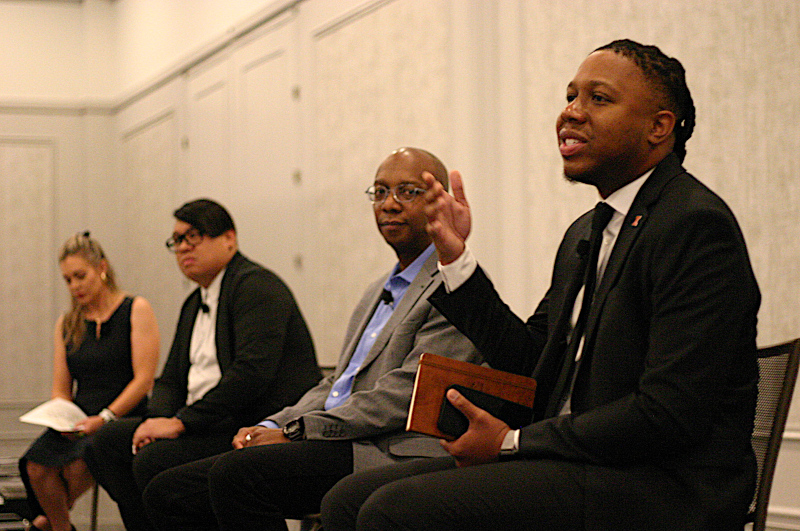
The timing for the panel was significant, taking place just days after Tractor Supply and John Deere scaled back their DEI efforts. The panelists, including Jeremy Williams (head of Climate LLC, Digital Farming and Commercial Ecosystems for Bayer Crop Science) and Justin Raymundo (vice president of innovation ecosystem-building for BioSTL), challenged these rollbacks, stressing that inclusivity and diversity are crucial for innovation and trust in the agricultural sector.
“It’s shortsighted to abandon DEI initiatives,” Raymundo told Seed World. “These values drive innovation and build trust, both vital for addressing global food challenges.”
Williams echoed this sentiment, emphasizing that diverse teams are not only more productive but essential for attracting top talent and maintaining public trust.
However, the rollback of DEI efforts often stems from shareholder pressure, as panelist Bobby Smith II noted. Smith II is a social scientist and associate professor in the Department of African American Studies at the University of Illinois Urbana-Champaign.
“Cultural shifts provoke power struggles,” he said. “History has shown us that every time we want to make these cultural shifts, there’s always a backlash and a pushback, and that’s what we’re seeing right now. Companies revert to previous practices when DEI efforts no longer help the bottom line. It’s Business 101.”
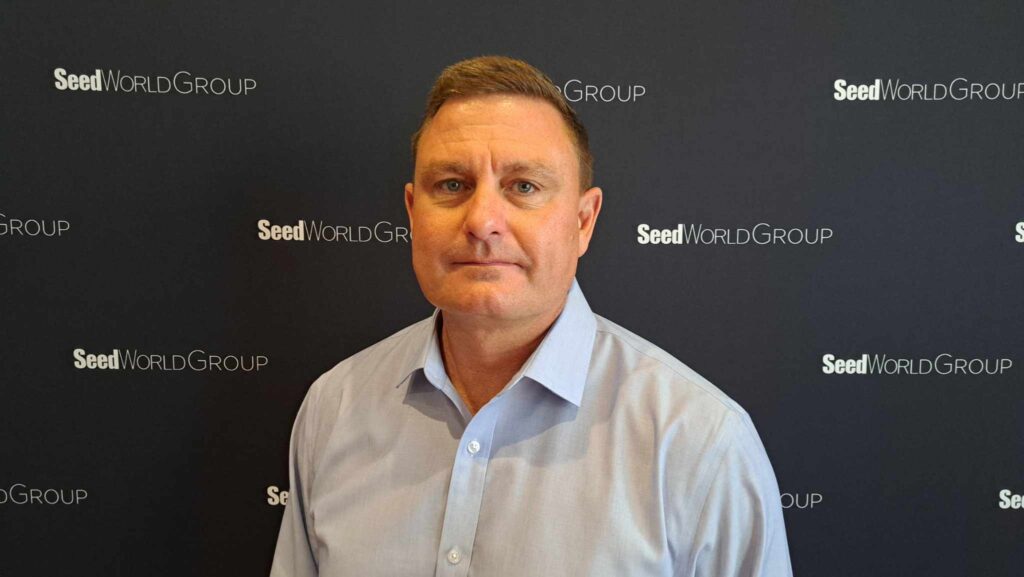
Rethinking Plant Breeding
That way of looking at the economics of business can also be turned on its head to strengthen plant breeding, attendees heard. The NAPB is actively focusing on collaboration and mentorship to drive the next generation of plant breeding innovation, to ensure a new generation of breeders have a mindset that will ensure a progressive future for the profession.
New NAPB president J.D. Rossouw, head of vegetables R&D for Bayer Crop Science. Rossouw sat down to talk about why the NAPB recently changed its name from the National Association of Plant Breeders to the National Association for Plant Breeding.
About two years ago, discussions began within the NAPB about making the organization more inclusive, he said.
The new name better encapsulates what NAPB does by broadening the scope of who should be members, he says.
“It brings together a diverse range of disciplines to support the plant breeding field. Over the years, the technologies and skills represented within the association have evolved significantly. By changing the name, we’re recognizing this shift and better representing the multifaceted nature of modern plant breeding.”
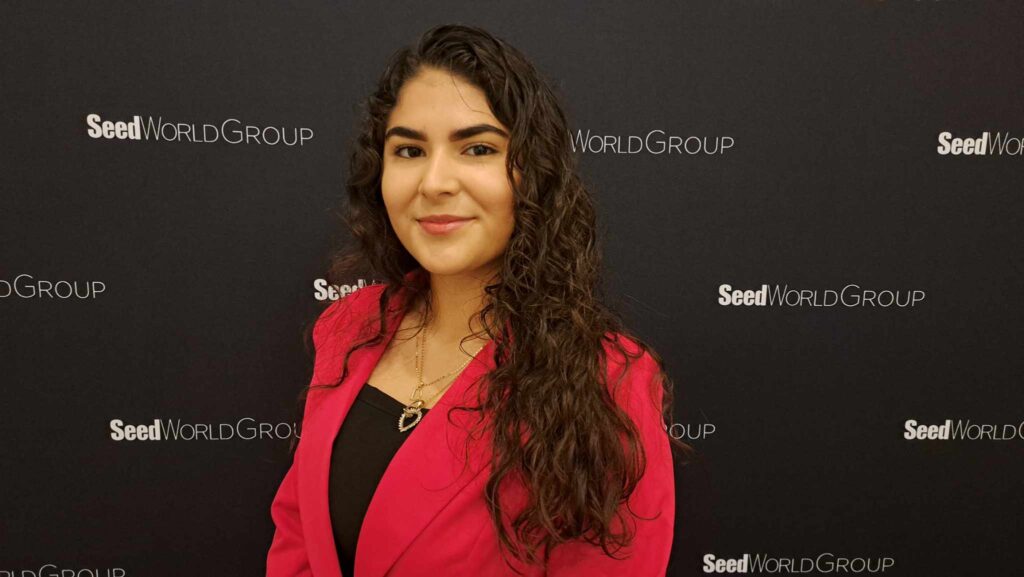
Reimagining Plant Breeding
Plant breeding today is indeed a lot more multifaceted than it used to be, and it’s a field where success takes time to materialize. That’s why Klaus Koehler believes tenacity is an essential skill for breeders, as technology forces us to reimagine what it means to be a plant breeder.
You need to be persistent and patient, because you must make a long-term commitment before you can really see the results of your work, says the global talent development lead for Corteva Agriscience. Along with Masha Trenhaile, head of university strategy & outreach at Bayer Crop Science, Kohler helped organize this year’s Soft Skills Workshop held on July 21.
The workshop, which featured leadership coach Jonathan Shaver of Envision Partners, brought young plant breeders together to learn collaboration skills and solve problems.
With the rapid advancements in technology over the last 10 to 15 years, breeders have become much more interconnected as a community, Koehler says. That means they need to put their heads together more than ever before.
He believes one of the most important skills is understanding and setting your priorities — both professionally and personally. It’s crucial to take the time to really think about what matters most to you.
“Once you’ve identified your top priorities, focus on the 20% of activities that will have the greatest impact on your success, both in your career and personal life.”
In academia, there’s a strong emphasis on publishing papers, being the lead author, and pushing forward independently, Trenhaile notes. But when you move into industry, the focus shifts — you need to be more collaborative and work effectively within a team.
“I think that’s a skill that can sometimes be lacking. Another critical skill is communication, and this isn’t just important in plant breeding — it’s crucial for everyone. Often, people hesitate to admit they’re stuck, but I believe that reaching out and communicating with colleagues can lead to faster solutions than trying to figure everything out on your own.”
Borlaug Scholar Deysi Alvaro Ceja, student research assistant at the University of California-Davis, did just that. She sought out mentors who helped guide her to becoming successful in plant breeding. It’s her top piece of advice to others just getting started out. She’s now working to boost the vitamin C content of tomato.
“Immerse yourself in hands-on experiences and never stop learning. This field is all about continuous growth and development. It’s also crucial to not be afraid of taking risks and pursuing opportunities that push you out of your comfort zone,” she told Seed World.
“As a first-generation grad student, it was tough to overcome the fear of putting myself out there and asking for help. But breaking that barrier was a game-changer for me.”
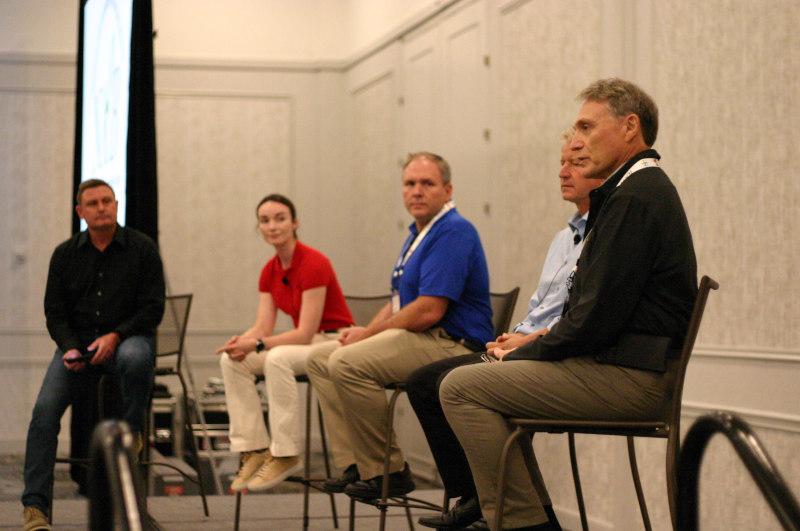
Revolutionizing Plant Breeding
Thirty years ago, Paul Skroch stepped outside of his comfort zone and found himself in a room speaking to a group of aspiring plant scientists. He was a graduate student with dreams of revolutionizing agriculture through cutting-edge research. Fast-forward to the NAPB conference in St. Louis, where he came full circle as he took part in a panel discussion with several other St. Louis startups on the topic of revolutionizing plant breeding.
With a Ph.D in plant breeding from the University of Wisconsin, he’s focusing on experimental design and data. He’s currently vice president of breeding for Edison Agrosciences in St. Louis, where’s he’s working to capture the potential of natural sunflower rubber.
The United States relies on over $2 billion worth of natural rubber each year, used in countless products due to its unique properties that synthetic materials can’t replicate. It turns out, U.S. sunflower fields produce around 25,000 tons of natural rubber annually from the plant leaves. However, the rubber’s concentration is too low for cost-effective extraction.
Edison Agrosciences is tackling this issue by boosting the natural rubber concentration in sunflower.
“We’re still in the early days, but by the end of next year, we hope to have testable products that companies like Goodyear and Bridgestone can use to create real-world rubber products,” he said.
But it’s not just well-known plants like sunflower that are making waves as the plant breeding revolution goes on, conference attendees heard.
In May, panelist Kevin Cook and his team at CoverCress reached a milestone — harvesting over 1,000 acres of CoverCress, a winter oilseed crop developed from field pennycress, which didn’t exist in agriculture a decade ago. He’s spearheading a revolution — not just tweaking existing crops but inventing entirely new ones.
Back in 2013, CoverCress (formerly Arvegenix) was founded by a group of innovators inspired by USDA research. They saw potential in pennycress oil for biofuels. The timing was perfect.
But they needed germplasm — something to build on. So, company founders literally drove across the country, collecting pennycress from ditches and this seed became the foundation of the breeding program. An early employee brought back a sample from the side of a Colorado highway.
“That sample turned out to be a game-changer, with early vigor and a shatter resistance gene — traits we desperately needed,” he said.
They’ve developed a greenhouse operation that allows them to complete four cycles per year, pushing the boundaries of what’s possible in crop domestication.


